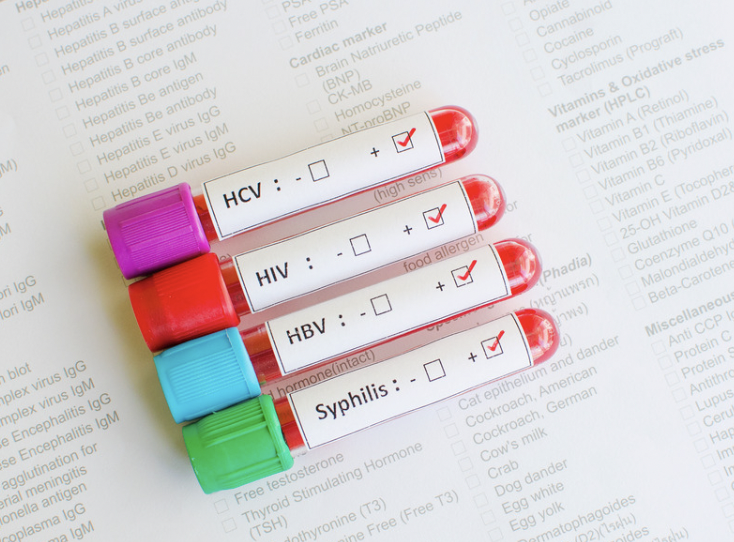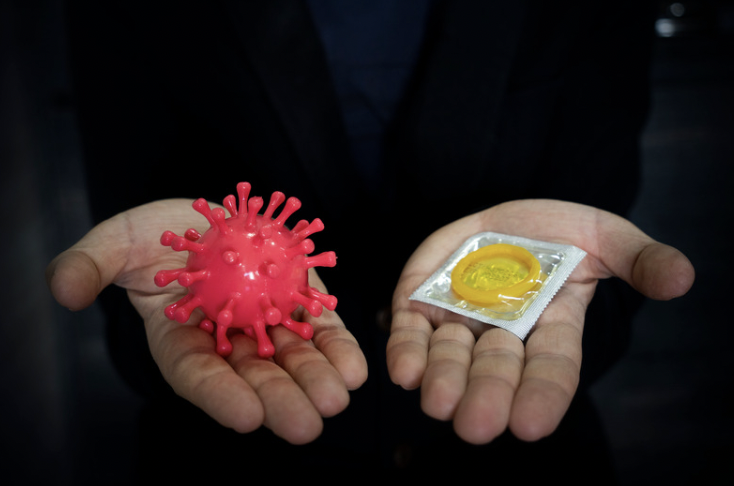
Layanan IV Hangover di Bali: Kapan Cocok dan Kapan Harus Periksa Dulu
Bangun dengan hangover parah di Bali? Matahari Januari 2026 baru saja mengintip di balik rimbunnya pepohonan di villa Anda di
When it comes to sexual health, education and awareness are critical in preventing the spread of sexually transmitted diseases (STDs). Whether you’re a traveler in Bali or a resident, it’s important to understand the most common STDs, how they’re spread, and what steps you can take to protect yourself and your partner. In this blog, we’ll dive into the top 10 most common STDs, symptoms to watch out for, and the best ways to prevent and treat them.
Sexually transmitted diseases (STDs), also known as sexually transmitted infections (STIs), are infections spread primarily through sexual contact. They can be caused by bacteria, viruses, or parasites and are typically transmitted via bodily fluids such as semen, vaginal secretions, and blood.
Common STDs include chlamydia, gonorrhea, syphilis, HIV/AIDS, herpes, and the human papillomavirus (HPV). Some STDs are curable, while others, like HIV, are lifelong conditions that require ongoing treatment. Recognizing the symptoms and getting tested regularly is key to managing your sexual health.

STDs often come with a wide range of symptoms, many of which may go unnoticed. Common symptoms include:
It’s important to note that many STDs don’t present immediate symptoms, which is why regular testing is crucial.
STDs can be spread through:
Using protection, such as condoms or dental dams, can significantly reduce the risk of transmitting or contracting STDs.

Preventing the spread of STDs requires awareness and safe practices. Here are some ways to protect yourself:
Bali is a melting pot of tourists from all over the world, along with its vibrant local population. In a place where visitors come from countries with varying levels of sexual health education, it’s crucial that YOU are well-informed about the risks of sexually transmitted diseases and the prevention steps YOU can take. Being educated doesn’t just protect you—it helps ensure the safety of others, whether you’re a visitor or a local. By staying informed, you contribute to a healthier community in Bali.
The treatment for STDs varies depending on the type of infection:
If you suspect you may have contracted an STD, it’s crucial to seek medical care right away. Early detection can prevent serious health complications, including infertility and chronic infections.
Symptoms vary depending on the infection:
The window period for testing varies by infection:
Yes, as long as you visit a reputable clinic like Trishnanda Care Centre. They maintain strict hygiene standards, confidentiality, and you can even opt for their doctor on call services, which means you don’t have to visit a clinic at all—they’ll come to you.
While HPV and Herpes are viral infections that cannot be cured, symptoms can be managed with medication. Vaccines are available to prevent certain strains of HPV, and antiviral drugs can help reduce outbreaks and transmission risk for herpes.
Yes, untreated STDs can lead to serious health issues such as infertility (chlamydia, gonorrhea), chronic pain (syphilis, herpes), and even cancer (HPV). HIV can progress to AIDS if not managed with antiviral treatment. This is why regular testing and early treatment are vital.
To prevent STDs:
Yes, Bali has reputable clinics like Trishnanda Care Centre that maintain strict hygiene standards and offer confidential testing. They can even come to your place with their convenient doctor-on-call service. This allows you to get tested without worrying about travel or privacy concerns.
Absolutely! Many STDs don’t show symptoms, so it’s a good idea to get tested if you’ve had unprotected sex, a new partner, or just want to ensure your sexual health is in check. Regular testing is key to early detection.
Our comprehensive STD panel includes testing for:
Yes, you can combine your STD test with a general health check-up. It’s a great way to get a full picture of your health and address any concerns with a doctor during the visit. Learn more about our doctor services here.

Bangun dengan hangover parah di Bali? Matahari Januari 2026 baru saja mengintip di balik rimbunnya pepohonan di villa Anda di

Kapan waktu terbaik untuk melakukan tes NS1? Tes NS1 (Dengue Early Antigen) paling akurat dilakukan dalam 1 hingga 3 hari
Contact Our Doctor Now